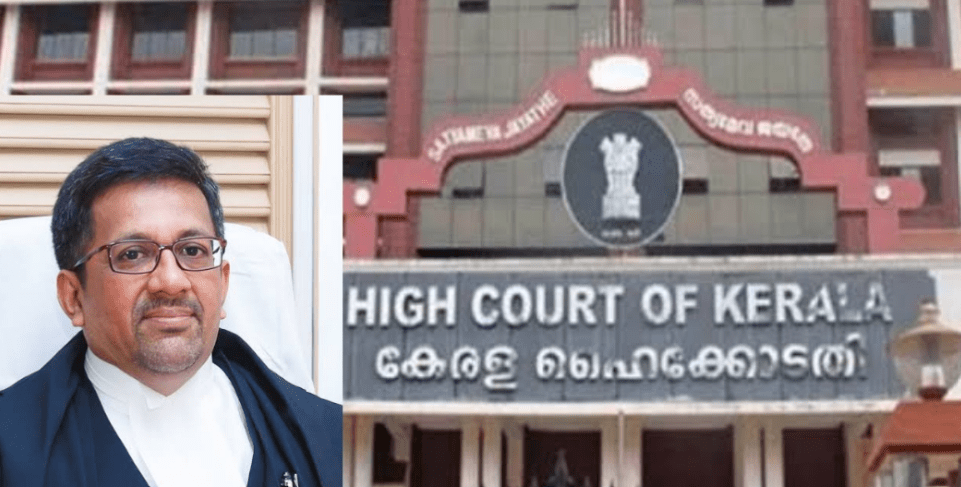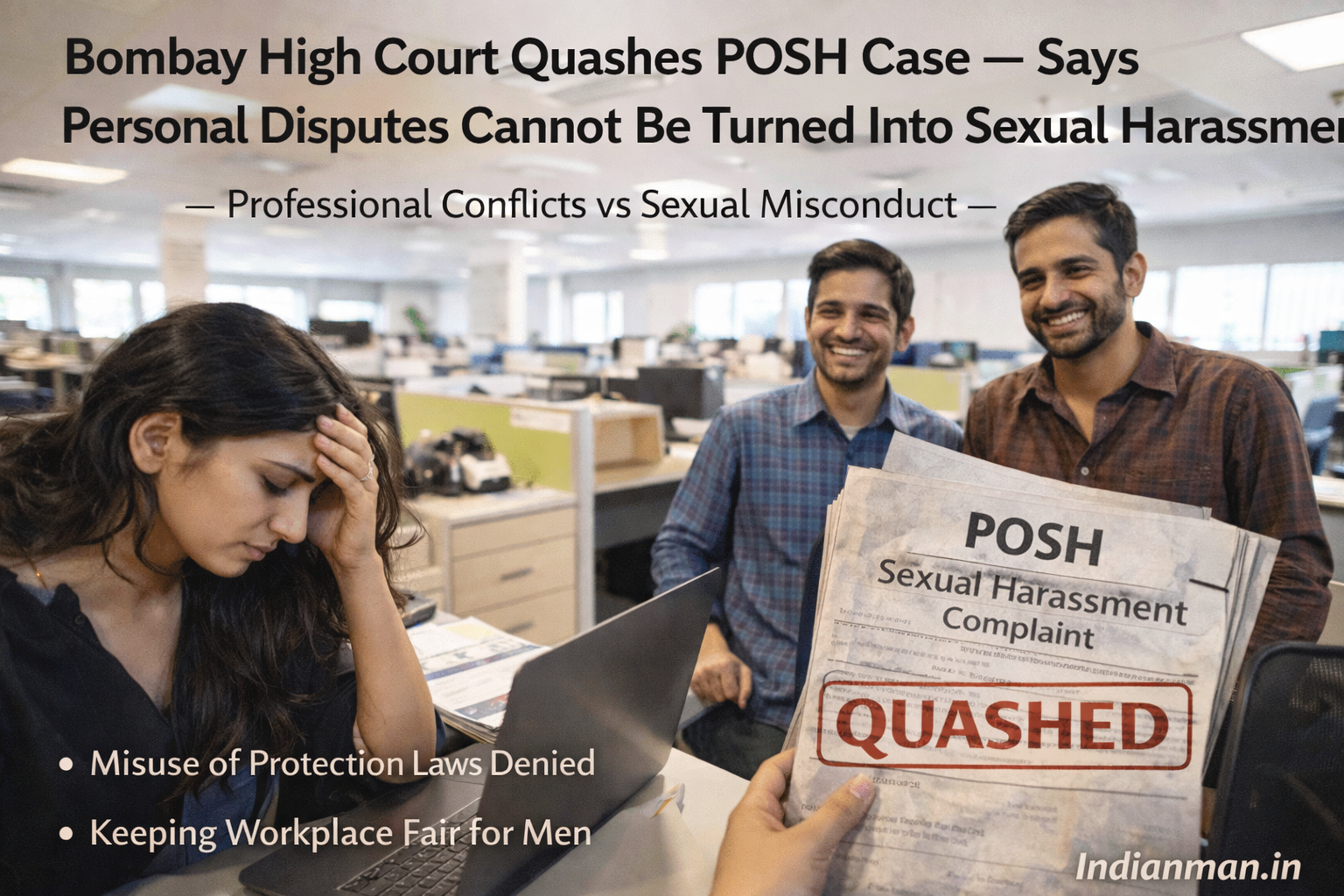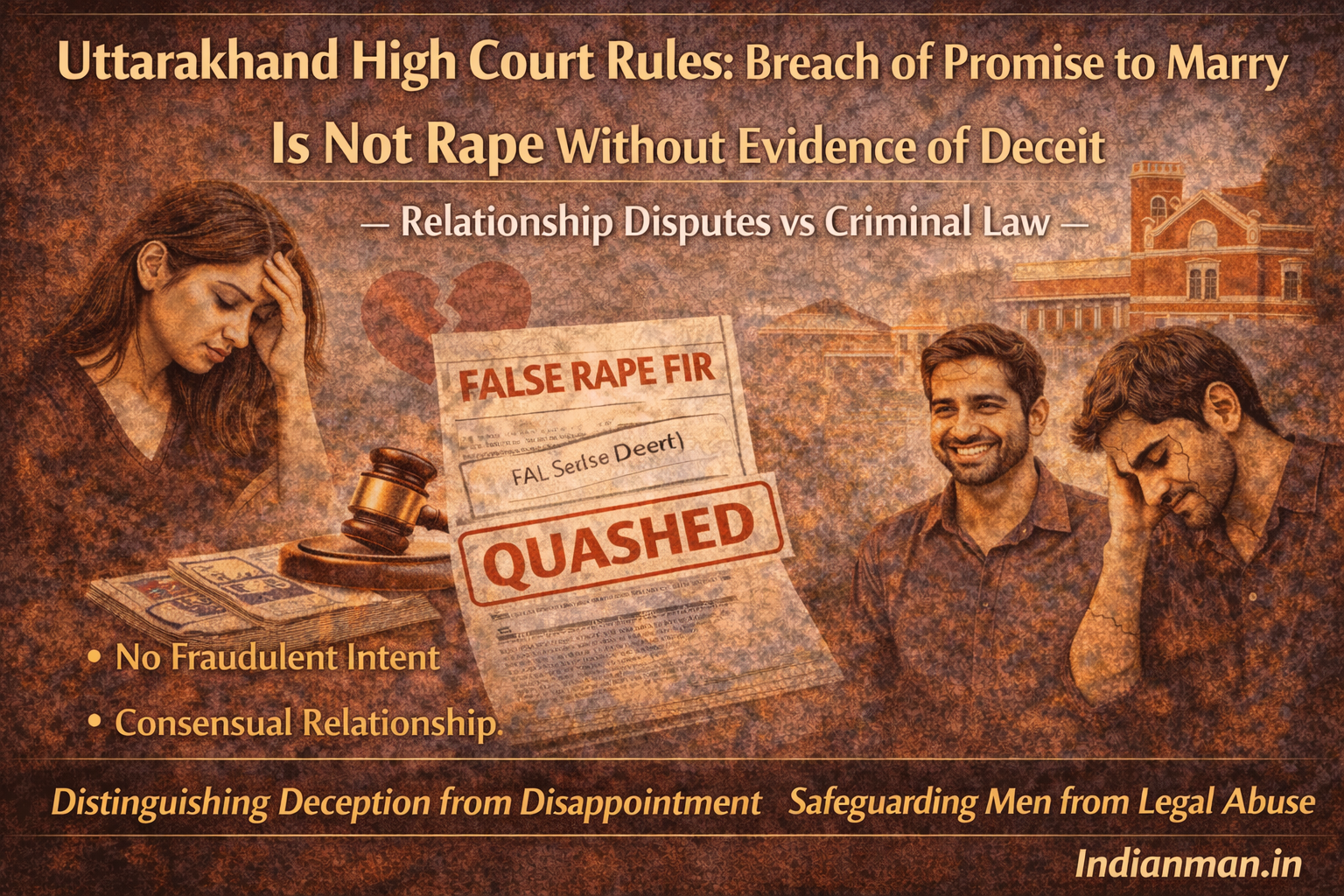The Kerala High Court has reiterated that consensual sexual intercourse cannot be treated as rape unless it is proven that the consent was obtained under a “misconception of fact.”
The ruling came while quashing criminal proceedings against a tempo van driver accused of raping a woman in 2005, 2011, 2015, and 2016. Justice A. Badharudeen noted that no complaint was filed until 2017—13 years after the alleged first incident—showing that the relationship was voluntary and consensual.
According to the complaint, the woman met the petitioner during a family trip in April 2005. She later alleged that he forced her into sexual intercourse in July 2005 and committed similar acts in 2011, 2015, and 2016. She also accused him of photographing her without consent. The case included charges under Section 376 (rape), Section 342 (wrongful confinement), and Section 66E of the IT Act (violation of privacy).
The petitioner’s counsel argued that the relationship was consensual and not forced. The court agreed, holding that the evidence showed mutual consent.
Justice Badharudeen referred to the Supreme Court judgment in Naim Ahmed v. State (NCT of Delhi), 2023, which clarified that not every breach of a promise to marry amounts to rape. Consent is invalid only if a false promise to marry was made from the very beginning without any intention to fulfill it.
The court observed that in this case, the woman’s consent was not obtained under fear or false promise. Since there was no element of “misconception of fact,” the allegations of rape could not stand.
Accordingly, all criminal proceedings against the petitioner were quashed.
Case Title: Sujith v. State of Kerala
Be a part our social media community:
Facebook: https://www.facebook.com/IndianMan.in?mibextid=ZbWKwL
Instagram:
https://www.instagram.com/indianman.in?igsh=MWZ2N3N0ZmpwM3l3cw==




